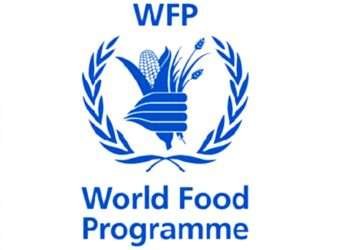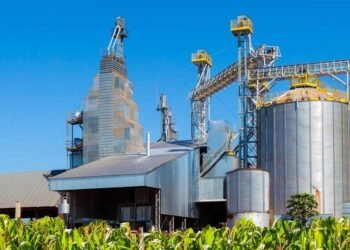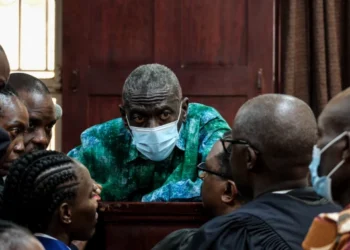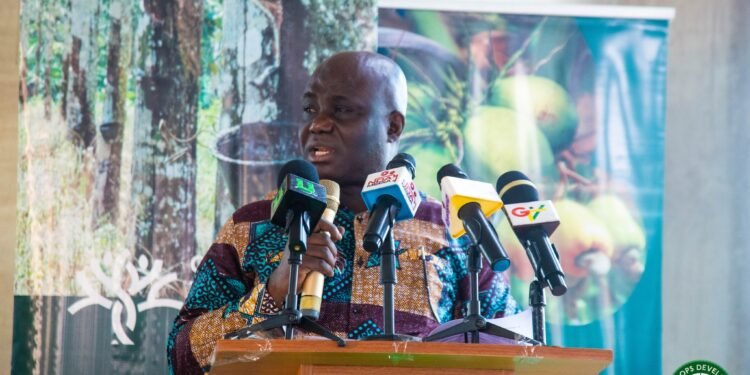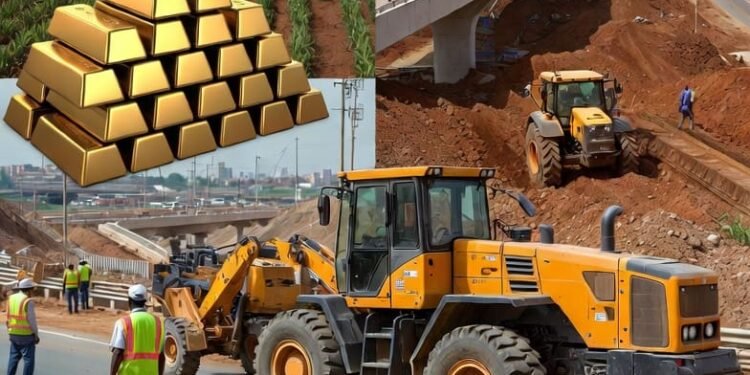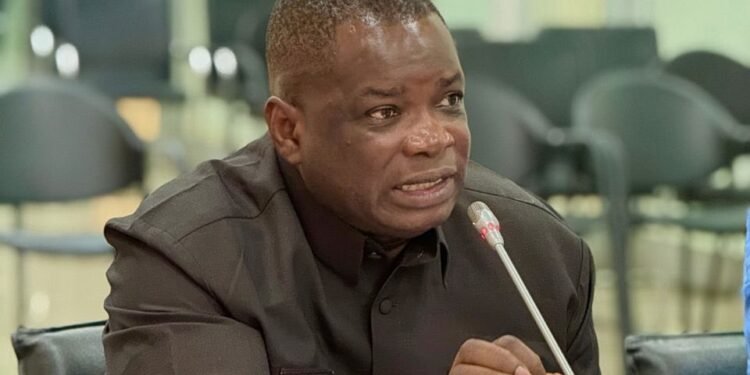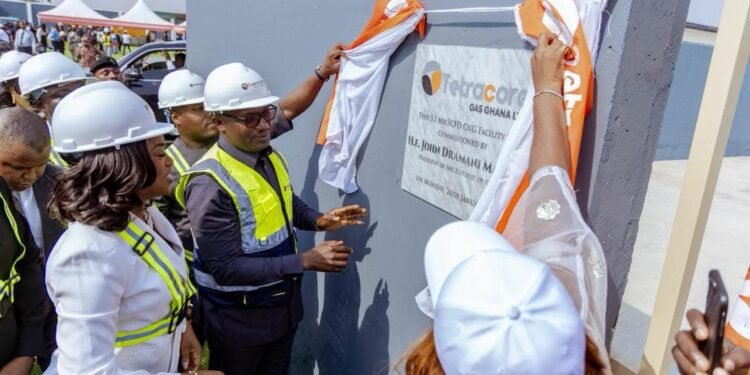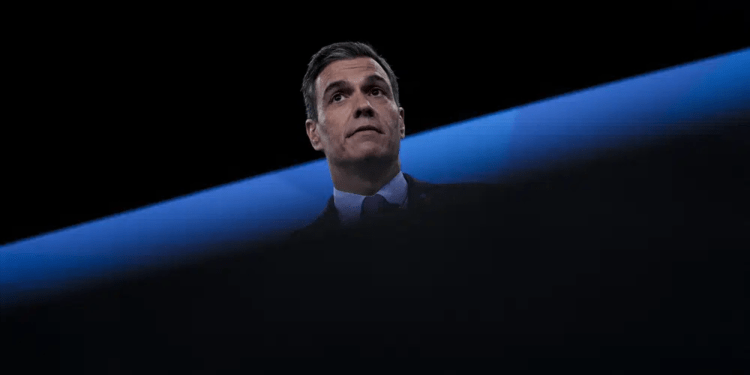The United States is in discussions with the Democratic Republic of Congo (DRC) to develop its vast mineral resources, an initiative that Congolese President Felix Tshisekedi believes could enhance security in the conflict-ridden nation.
Massad Boulos, the Trump administration’s senior adviser for Africa, confirmed on Thursday that negotiations are ongoing. While he did not disclose specific details, he acknowledged that the deal could lead to “multibillion-dollar investments.”
“You have heard about a minerals agreement. We have reviewed. I am pleased to announce that the president and I have agreed on a path forward for its development.”
Massad Boulos
The DRC is the world’s largest producer of cobalt, a crucial component in lithium-ion batteries used in electric vehicles and smartphones. The country also possesses abundant gold, diamonds, and copper reserves.

Tshisekedi has expressed openness to collaborating with the US on mineral development, particularly if American involvement can help stabilize the country and suppress insurgencies.
“I think that the US is able to use either pressure or sanctions to make sure that armed groups … can be kept at bay.”
President Felix Tshisekedi
For decades, eastern Congo has been embroiled in turmoil, with over 100 armed factions battling for territorial control in the mineral-rich region near the Rwandan border. This prolonged instability has resulted in one of the world’s worst humanitarian crises, with more than seven million people displaced. Already, over 100,000 people have been forced from their homes this year alone.
The M23 rebel group, widely regarded as the most powerful armed faction in the region and allegedly backed by Rwanda, has intensified its operations since January. The rebels have seized the major cities of Goma and Bukavu, along with several key towns, sparking concerns about a broader regional conflict.
On Thursday, M23 withdrew from Walikale, a critical mining hub in eastern Congo that it had captured the previous month. The withdrawal followed weeks of intense clashes with Congolese forces and the Wazalendo militia, an armed civilian group.
M23 spokesperson Lawrence Kanyuka stated that the group had decided to “reposition its forces” following a unilateral ceasefire declared in February. However, national deputy Willy Mishiki, representing Walikale, claimed the rebels retreated due to mounting pressure from Wazalendo forces. Meanwhile, local resident Faustin Kamala noted that the rebels’ current whereabouts remain uncertain.
Walikale is a key mining center, home to Congo’s largest tin deposits and several significant gold mines. The Bisie tin mine, situated around 60 kilometers (35 miles) northwest of Walikale, accounts for the bulk of tin exports from North Kivu province.
Humanitarian Crisis Deepens
The UN Office for the Coordination of Humanitarian Affairs (OCHA) has raised alarms over escalating violence in North and South Kivu provinces, warning of rising casualties and mass displacements.
On Thursday, intense clashes between local militias and M23 fighters erupted in Masisi Centre, North Kivu. Preliminary reports indicate at least two civilian deaths, numerous injuries, and multiple evacuations to Masisi General Hospital.
Many residents remain confined to their homes as the conflict intensifies, limiting their access to essential services and supplies. “The volatility of frontlines and ongoing combat have rendered comprehensive assessments impossible,” OCHA stated.
Despite international mediation efforts, armed groups continue to expand their control. The M23 faction, claiming to protect the interests of Congolese Tutsi communities — many of whom fled to Rwanda — has gained significant ground. Additionally, the extremist Allied Democratic Forces (ADF) remain active, further destabilizing the region.
As US-Congo negotiations progress, analysts say the outcome could reshape the country’s economic and security landscape. However, with armed groups entrenched in mineral-rich territories, the success of any investment will depend on sustained efforts to stabilize the region.
READ ALSO: Government Debunks Alleged Drug Trafficking Flights at KIA




